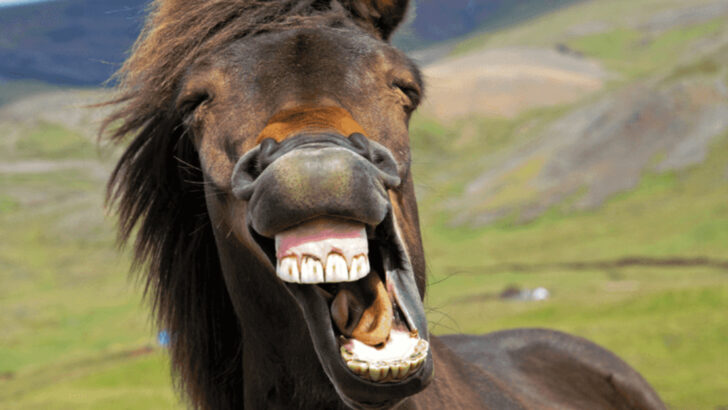Language is full of secrets — and some of them bark.
Ever wonder why we say we’re “working like a dog”? Or what’s up with “raining cats and dogs”? These phrases roll off our tongues without a second thought, but behind every quirky saying is a strange little story just waiting to be uncovered.
Spoiler: most of them are weirder than you’d expect.
From backbreaking labor to bizarre weather, the idioms we use every day are echoes of history — packed with grit, gossip, and a dash of drama.
In this post, we’re digging up the curious origins of ten popular expressions, starting with the hard-working hound himself. So buckle up, word lovers — things are about to get wonderfully weird.
Working Like a Dog
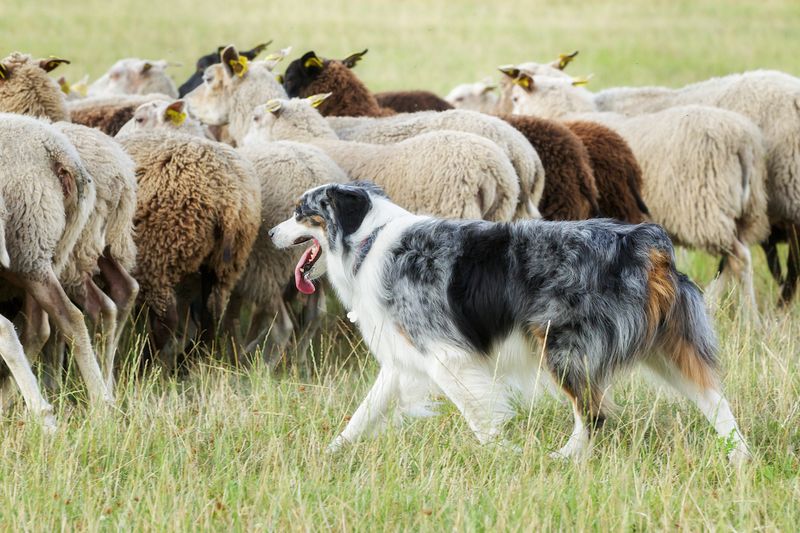
In the 18th century, dogs were often seen as tireless workers, particularly in rural settings where they helped with herding and guarding livestock. This saying reflects the relentless energy and dedication these animals exhibited.
Today, “working like a dog” describes someone laboring tirelessly, much like those historical canines. Historically, dogs were invaluable companions to farmers and herders, symbolizing hard work and loyalty.
The phrase has since transcended its pastoral beginnings, finding a place in urban settings where the hustle never stops. It highlights the enduring connection between human and canine efforts.
Barking Up the Wrong Tree
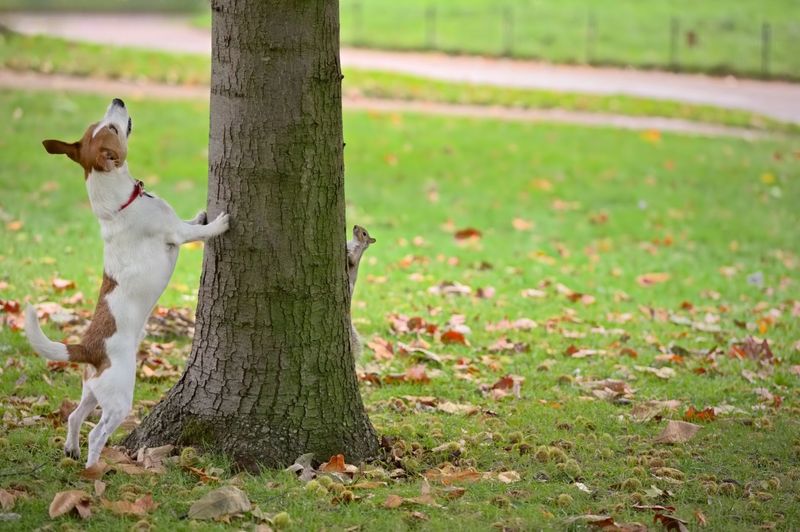
Originating from 19th-century America, this phrase was born from hunting practices where dogs would chase prey up trees. If the animal eluded them, the dogs might bark at an empty tree.
This saying captures the essence of pursuing a mistaken or futile course of action. It’s a quaint reminder of the challenges faced by hunters in the wild, where success was as unpredictable as nature itself.
Over time, the phrase has found its way into everyday language, advising caution against wasting efforts on fruitless pursuits. Its enduring charm highlights the unpredictability of both hunting and life.
Let the Cat Out of the Bag
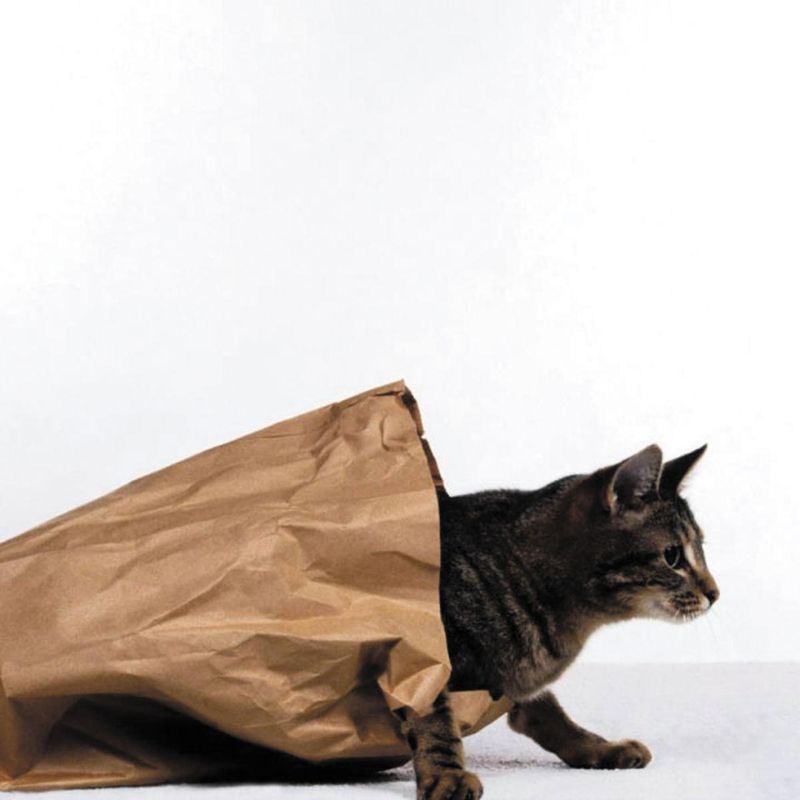
This expression dates back to medieval markets, where merchants would sell piglets in bags. Unscrupulous traders might substitute a cat for a piglet, revealing the deception only when the bag was opened. The phrase now signifies uncovering a secret or revealing a hidden truth.
Medieval commerce was rife with cunning tricks and clever deceptions, and this saying serves as a humorous nod to those who were caught in the act.
Today, it warns against hidden agendas and reminds us that appearances can be deceiving, even in a straightforward situation.
The Last Straw
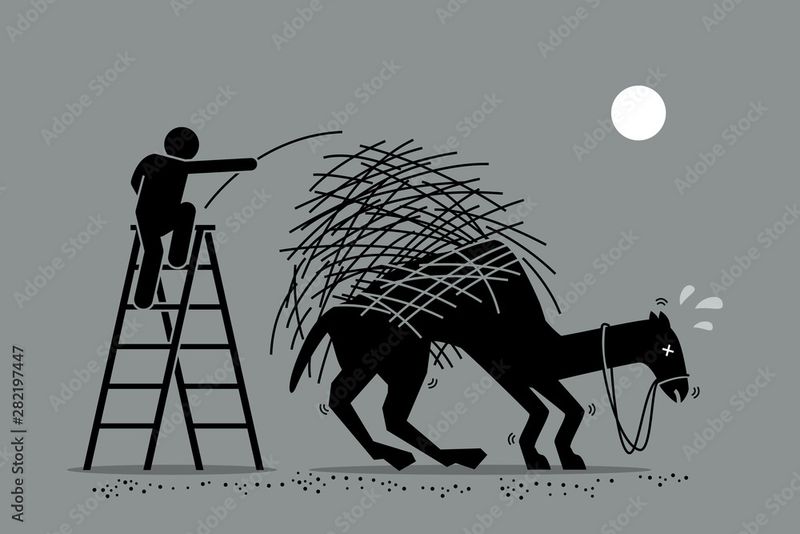
This saying traces its roots to an old proverb about a camel, heavily burdened, that collapses when a single straw is added. It perfectly illustrates the idea that even a minor addition can cause a breaking point when one is overwhelmed.
Historically, camels were essential in trade, carrying heavy loads across vast deserts. This phrase encapsulates the delicate balance between endurance and exhaustion.
In today’s world, it serves as a reminder of human limits, encouraging care and empathy when someone is nearing their breaking point.
Cold Turkey
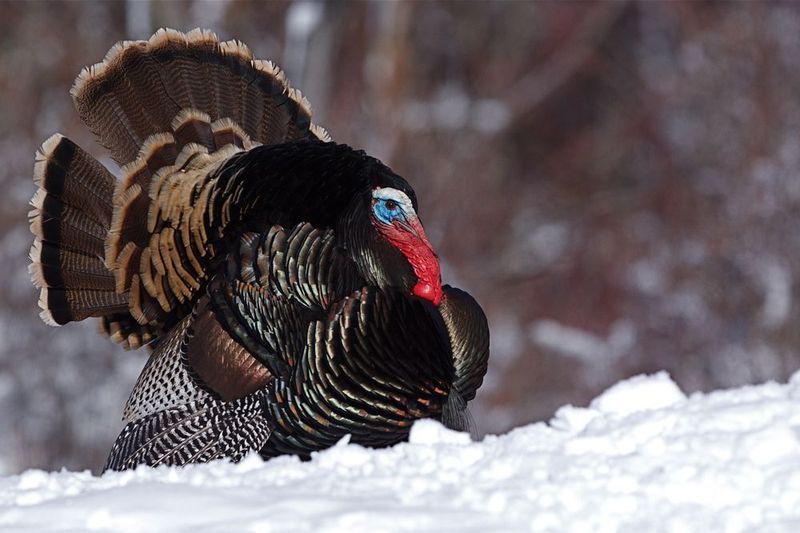
This expression became popular in mid-20th-century America, originally referring to quitting an addiction suddenly and completely. The phrase likely derives from the physical symptoms of withdrawal, which were compared to the cold, clammy feel of a turkey.
Its vivid imagery highlights the abrupt nature of such changes, akin to a shock to the system. Over the years, “cold turkey” has entered common vernacular, emphasizing the challenges of immediate cessation.
It continues to resonate as a testament to human resilience, capturing the struggle and triumph inherent in overcoming addiction.
Bite the Dust
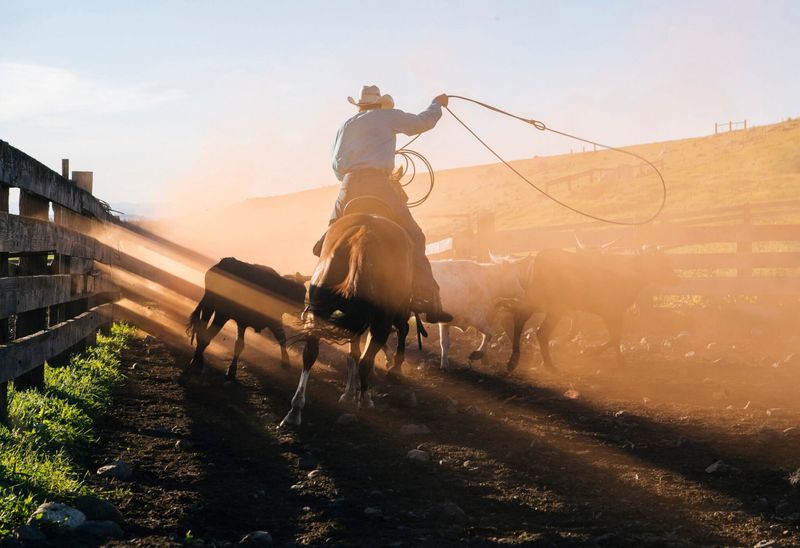
“Bite the Dust,” an evocative idiom, harks back to the Wild West. When cowboys fell during gunfights, they literally bit the dust. It’s a phrase tied to the rugged, dusty landscapes of the American frontier.
In modern times, it signifies failure or defeat. The phrase resonates with the struggles and triumphs of pioneers, immortalized in countless western films and literature.
This saying reminds us of the persistence needed to overcome obstacles, echoing the adventurous spirit of those who dared to settle the untamed West.
Straight from the Horse’s Mouth
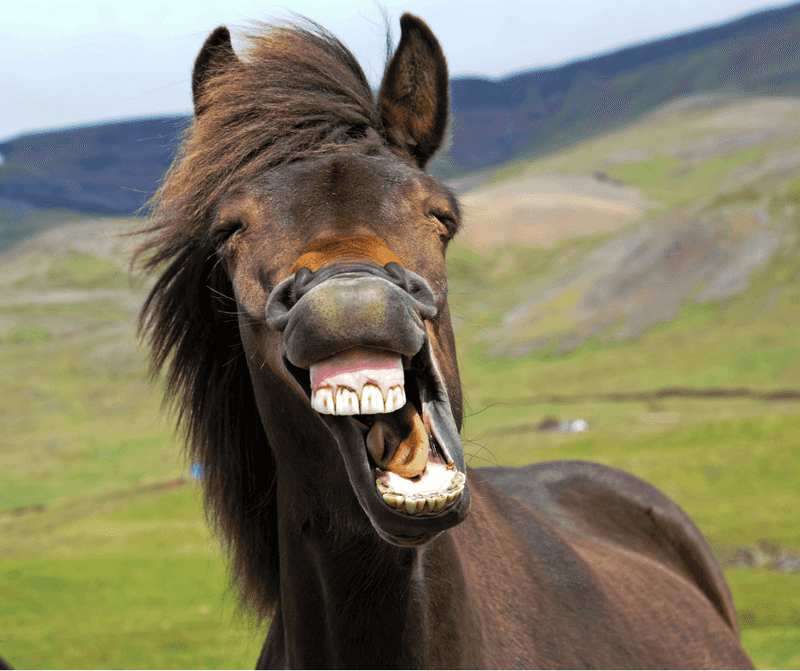
“Straight from the horse’s mouth” suggests receiving information from a reliable or firsthand source. This expression emerged from the world of horse trading in the 19th century.
Buyers would check a horse’s mouth to determine age and health, ensuring the seller’s claims were accurate. The idiom speaks to the value of direct evidence, bypassing hearsay and speculation.
By examining the horse, buyers could trust what they saw over what they were told. Hence, it represents authenticity and credibility in communication, a practice still relevant in today’s age of information overload.
The Elephant in the Room
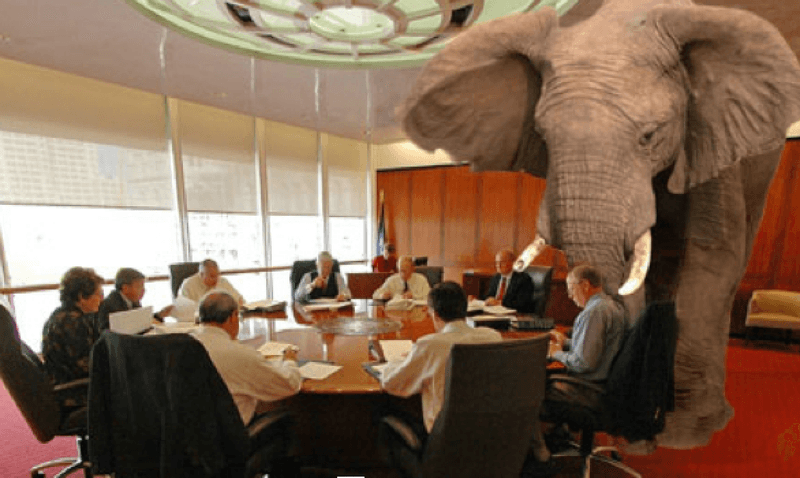
In a room filled with genteel conversation, the presence of an obvious, yet unaddressed, issue is akin to having an elephant among the guests. “The elephant in the room” metaphorically describes this scenario, where a glaring problem is deliberately overlooked. The saying likely gained traction in the early 20th century, though its exact origins remain debated.
Utilizing this expression today often signals the courage required to address uncomfortable truths. It challenges social norms by encouraging open dialogue about matters typically left unspoken.
Did you know? The phrase has been used in both psychological and business contexts, emphasizing the importance of acknowledging and addressing issues rather than letting them linger.
Raining Cats and Dogs
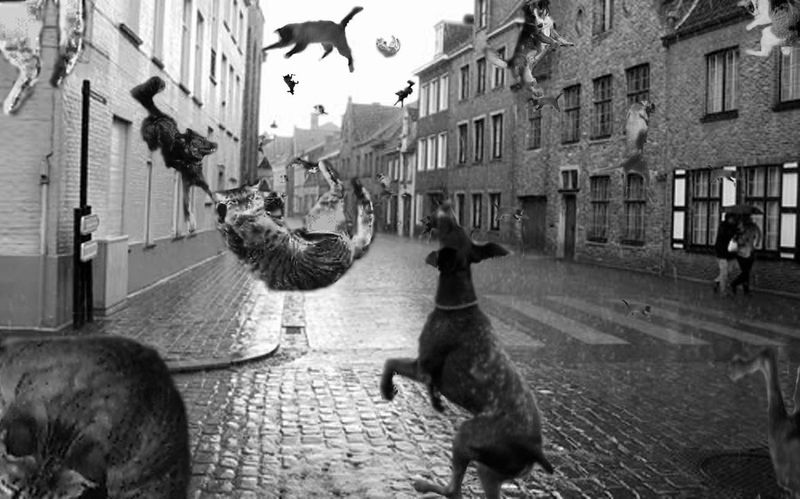
The peculiar expression “raining cats and dogs” evokes an image of chaos. Several theories exist regarding its origin, one being that in 17th-century England, heavy rains would wash dead animals into the streets. Another theory ties it to Norse mythology, where cats symbolized storms and dogs were associated with Odin, the storm god.
Regardless of its true origin, the imagery of animals falling from the sky has amused and intrigued people for centuries. The phrase has found its place in the lexicon as a way to describe particularly heavy rain.
Though its roots are shrouded in mystery, the expression continues to provide a colorful way to talk about the weather.
Wolf in the story

Ah, the “wolf in the story” — not just a fairy tale villain, but the unexpected guest who shows up the moment they’re mentioned.
In many cultures, this phrase is used when someone you’re talking about suddenly appears, almost as if summoned. Imagine chatting about a friend’s embarrassing karaoke moment — and boom, they walk through the door. That’s the wolf in the story.
It’s a mix of superstition, surprise, and just a little drama. The phrase paints the person as the lurking presence in the tale — not necessarily evil, but definitely timed a little too perfectly.
Think of it as the folklore version of “speak of the devil” — but with fur and fangs.

